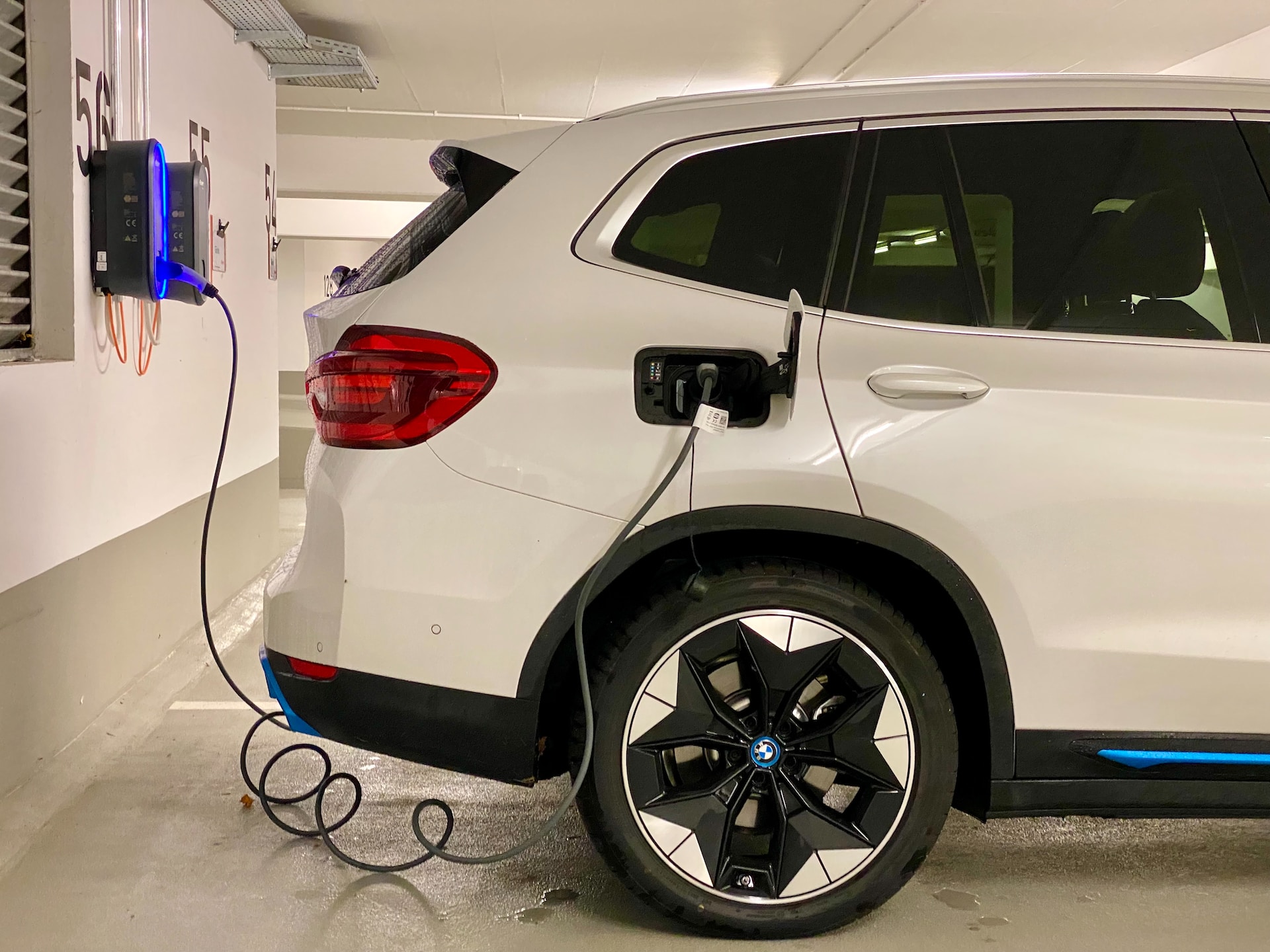
Exploring the Future of Electric Car Batteries: Innovation and Advancements
The automotive industry is undergoing a transformative shift towards electric mobility, with electric vehicles (EVs) gaining popularity as a sustainable and eco-friendly transportation solution. At the heart of this transition lies the innovation and advancement of electric car batteries. The automotive industry has much to offer regarding car batteries, from battery terminal protector to advanced tech. Electrical car batteries play a pivotal role in determining the range, performance, and overall viability of electric vehicles. In this article, we’ll delve into the exciting developments and innovations that are shaping the future of electric car batteries.
Enhanced Energy Density
One of the primary goals of electric car battery research is to achieve higher energy density. It refers to the energy a battery can store relative to its size and weight. Advances in materials science, including new cathode and anode materials, are paving the way for batteries with significantly higher energy densities, enabling EVs to travel longer distances on a single charge.
Solid-State Batteries
Solid-state batteries are emerging as a game-changer in electric car batteries. Unlike traditional liquid electrolytes, solid-state batteries use solid electrolytes, which offer several benefits, including higher energy density, faster charging, and improved safety. These batteries can potentially revolutionize EVs by addressing key limitations of current lithium-ion batteries.

Fast Charging Technology
Charging infrastructure and charging times are critical factors influencing the adoption of electric vehicles. Innovations in fast charging technology are making significant strides. Companies are developing batteries that can withstand ultra-fast charging without compromising battery life. This technology can drastically reduce charging times and enhance the convenience of EV ownership.
Recyclability and Sustainability
The push for sustainability extends beyond vehicle operation to the entire lifecycle of electric car batteries. Battery manufacturers focus on developing recycling processes that recover valuable materials from spent batteries, such as lithium, cobalt, and nickel. This reduces the environmental impact and addresses concerns about resource scarcity.
Integration with Renewable Energy
The convergence of electric vehicles and renewable energy is a promising trend. Electric car batteries can be energy storage devices, allowing EV owners to feed excess energy back into the grid or power their homes during peak demand. This bidirectional energy flow contributes to grid stability and reduces dependence on fossil fuels.
![]()
Longer Battery Lifespan
Battery degradation over time is a concern for EV owners. Researchers are working on extending the lifespan of electric car batteries through improved chemistry, thermal management, and cycle life optimization. Batteries that retain a higher percentage of their capacity over longer periods will result in more durable and cost-effective electric vehicles.
Nanostructured Materials
Incorporating nanotechnology into battery design is opening up new possibilities. Nanostructured materials offer improved energy storage capabilities, faster-charging rates, and enhanced thermal stability. These materials enable batteries to pack energy in a smaller footprint, making them ideal for electric vehicles.
Wireless Charging Technology
Wireless charging technology is advancing, allowing EVs to charge without physical connections. This technology could revolutionize charging infrastructure by enabling automatic and convenient charging at home, in parking lots, and on the road. As wireless charging becomes more efficient and widespread, it could eliminate range anxiety for electric vehicle owners.
Conclusion
The future of electric car batteries is bright and full of promise. Innovations in energy density, solid-state technology, fast charging, battery lifespan, and sustainability are reshaping the landscape of electric mobility. As these advancements materialize, electric vehicles will become more accessible, practical, and appealing to a wider audience. The evolution of electric car batteries drives the growth of the electric vehicle market and contributes to a cleaner and more sustainable transportation future.

